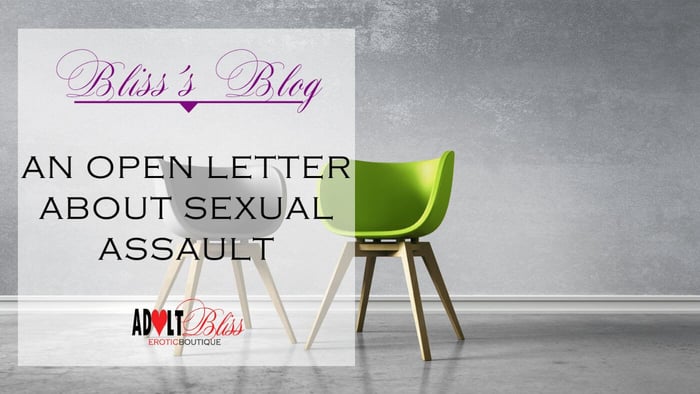Dear Australia,
I’d like to talk about how we talk about and to survivors of sexual assault. Since the #MeToo movement started in 2017 the world has become more aware of sexual assault and the societal norms that have allowed abuse and assault to become a prevalent issue globally. This conversation started with women standing up and acknowledging their own experience with abuse and sexual assault, and has continued empowering women globally to tell their stories in the hope of changing the world’s narrative for all of us and for future generations.
The whole conversation is uncomfortable, but necessary, without education and acknowledgement we, as a society, as a world, cannot move forward.
One big problem I have with this conversation is that people assume many things about a person’s experience during and post-rape.
I would like to acknowledge Brittany Higgins and Chanel Contos who bravely stood up and brought this conversation into the spotlight, empowering more women to stand up for their basic human rights. No one person can represent this experience because it is different for everyone, just listening to the survivor’s stories can foster great change.

When I was 5 years old, a family member molested me for weeks in my family home. My family eventually found out what was happening, I felt like I was ignored whilst my attacker was protected.
The person who attacked me had undiagnosed issues and a traumatic brain injury, the people around us thought that my attacker needed to be protected and managed more than I needed it.
That person never touched me again after their behaviour was discovered, but they were able to inflict psychological damage for years after, in the form of threatening me to keep quiet and gaslighting me about what happened. It wasn’t until my late 20’s when I confronted my family about what happened and set stronger boundaries between myself and them, and myself and my abuser. This was one legacy my experience left me with, difficulty establishing appropriate boundaries.
Puberty hit me early, and this impacted my sense of self during a time where I didn’t really know anything about myself or the world. Growing up with my sexual history and a body that developed too early led me to lose my virginity at 13 years old, how I chose to do this was not safe physically or emotionally and this is a pattern I would repeat over years.
For a long time I thought that my sexuality was an important part of who I am, that my value was inexorably linked to what my body could provide others.
Who I was as a person, the skills I developed, the knowledge I learned, none of it was as valuable to my world as what my body could offer. Had I seen a counsellor or been adequately supported after my attack my internal dialogue may have been different. People have doubted my experience, claiming that I couldn’t have been raped because I was too sexual: why wasn’t I cowering from all men?
It was an unfair stereotype, perpetuated by the media and people who didn’t know any different, but it hurt me and those stereotypes disempower people when they try to express their experience.



